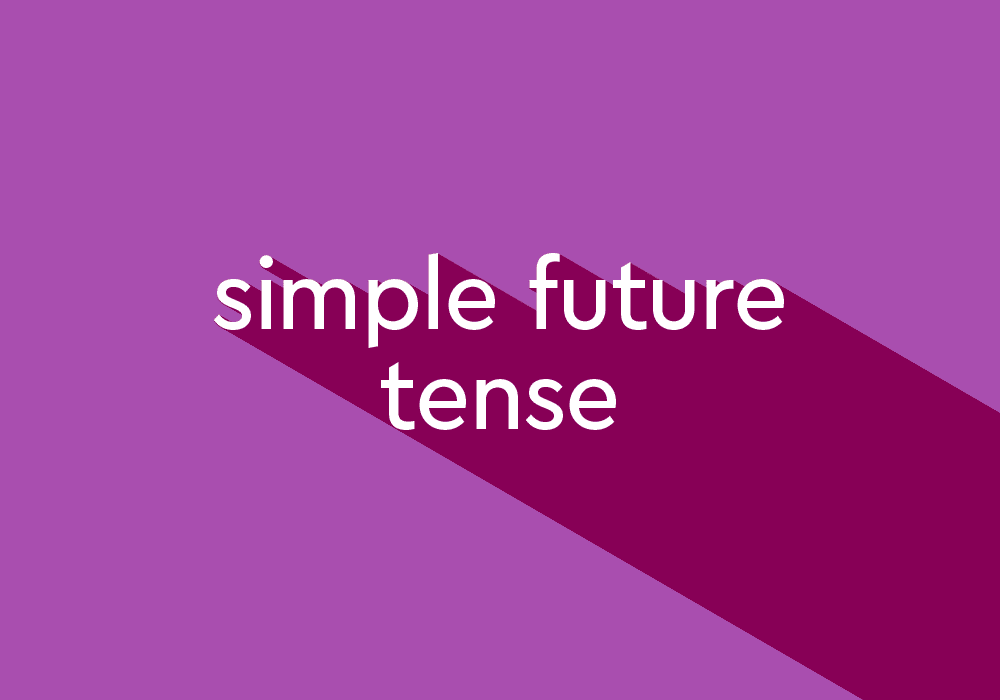Simple Future Tense in German

Simple Future Tense in German.In the realm of language studies, the simple future tense is one of the most commonly used tenses for expressing events that are yet to happen. Whether you’re looking to accurately talk about the days to come, make plans, or simply articulate your ambitions, understanding this grammatical tense is a critical step in mastering any language.

Explanation about Simple Future Tense in German
Formation
The simple future tense in German is formed by using the auxiliary verb “werden” in the present tense, combined with the infinitive form of the main verb. The structure is:
Subject + werden + infinitive of the main verb
Here are some examples:
- Ich werde lesen. (I will read.)
- Sie werden gehen. (They will go.)
- Wir werden essen. (We will eat.)
Nuances and Usage
- Expressing Intentions or Plans: Like in English, the simple future tense can be used to express planned actions or intentions.
- Ich werde nächstes Jahr studieren. (I will study next year.)
- Making Predictions: The simple future can be used to make predictions about future events.
- Es wird morgen regnen. (It will rain tomorrow.)
- Formality: In formal contexts, using the simple future tense can make your language sound more polished and precise.
- In der Zukunft werden Menschen zum Mars reisen. (In the future, people will travel to Mars.)
- Differentiating from Present Tense: When you want to remove any ambiguity that might arise from using the present tense to express future actions, the simple future tense can be employed.
- Ich lese das Buch. (I am reading the book; could also imply future action depending on context)
- Ich werde das Buch lesen. (I will read the book; clearly indicates a future action)
Examples for using Simple Future Tense in German
| Subject | Auxiliary “werden” | Infinitive of Main Verb | English Equivalent | Complete German Sentence |
|---|---|---|---|---|
| Ich | werde | lesen | I will read | Ich werde lesen. |
| Du | wirst | lesen | You will read | Du wirst lesen. |
| Er/Sie/Es | wird | lesen | He/She/It will read | Er wird lesen. |
| Wir | werden | lesen | We will read | Wir werden lesen. |
| Ihr | werdet | lesen | You all will read | Ihr werdet lesen. |
| Sie | werden | lesen | They will read | Sie werden lesen. |
| Sie | werden | lesen | You (formal) will read | Sie werden lesen. |
Phrases about Simple Future Tense in German
| English Phrase | German Phrase | Components: Subject + “werden” + Infinitive |
|---|---|---|
| I will travel to Germany. | Ich werde nach Deutschland reisen. | Ich + werde + reisen |
| You will finish the project. | Du wirst das Projekt beenden. | Du + wirst + beenden |
| She will call you. | Sie wird dich anrufen. | Sie + wird + anrufen |
| We will eat at 6 PM. | Wir werden um 18 Uhr essen. | Wir + werden + essen |
| You all will enjoy the movie. | Ihr werdet den Film genießen. | Ihr + werdet + genießen |
| They will arrive late. | Sie werden spät ankommen. | Sie + werden + ankommen |
| You (formal) will receive a letter. | Sie werden einen Brief erhalten. | Sie + werden + erhalten |
Finally,the role of the simple future tense extends beyond being a mere grammatical rule to memorize; it forms part of our cognitive framework for thinking and talking about the future. It helps us organize our thoughts, define our goals, and communicate effectively with others.





























